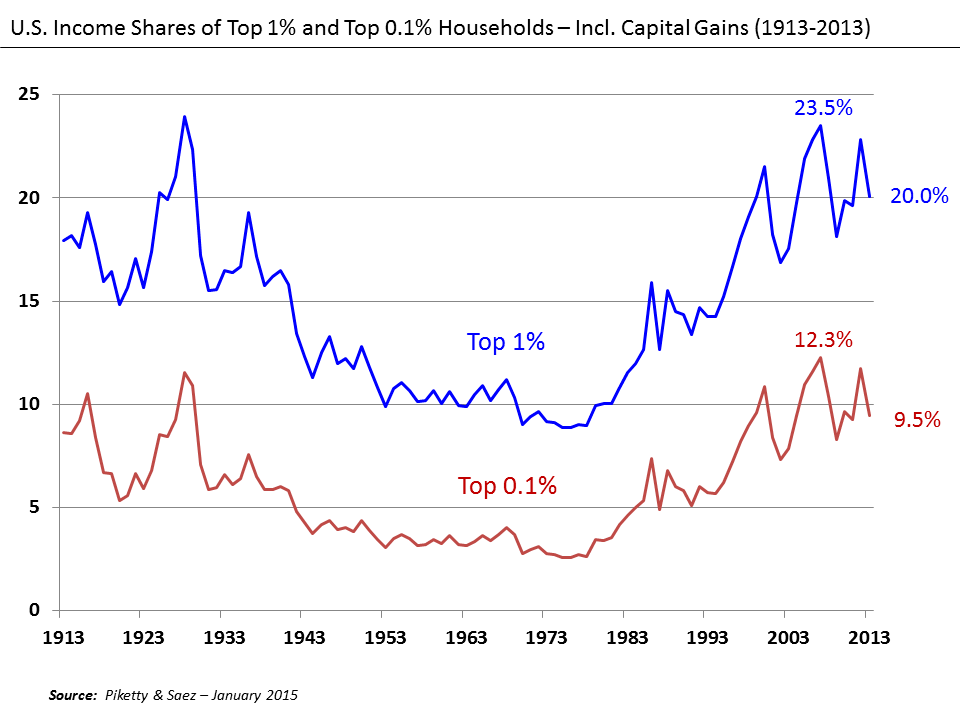Do you want to get ahead in life?
If yes, then you must dedicate some of your spare time to improving yourself.
For example, average workers come home at the end of each day to purely relax and enjoy themselves. High achievers, on the other hand, take a regular part of their spare time for learning new skills, developing existing ones, and finding ways to make their daily work more efficient.
Which of the above are you?
If you aim at achieving outstanding performance at work – then please read on.
Successful People Go for Exponential Growth While the Majority Settle for Natural Growth
Have you ever considered that work time should be solely for working? For instance, an actor does not rely on their time on stage to practice their art. They do this between performances.
It should be the same for you. Let your work time be the period when you focus on productivity and output. (In other words, do the job that you’re being paid for!) And let your spare time be the period when you work on improving your knowledge and skills.
People who habitually devote some of their spare time to learning, are the ones most likely to be successful in life.
However, this doesn’t necessarily happen overnight. It’s much more likely to follow the pattern of exponential growth, which looks like this:
The above graph shows the world’s population growth since 10,000 BC to 2,000 AD. As you can see, growth was in tiny increments for thousands of years, but began to rapidly spike about 1,000 AD.
This is exponential growth in action. Small increases that eventually snowball into massive gains.
For those people who think hard work is just about putting in the hours, and rely on others to give them directions, growth is much different. Take a look at the below chart:
This shows the varying income inequality in the U.S. As it clearly demonstrates, changes took place relatively slowly.
This can be described as natural growth and natural decline. Workers who make little effort to improve, may find themselves becoming less successful after several months or years due to these natural fluctuations.
Conversely, workers making good use of their spare time will put themselves firmly on the exponential chart – and in time, their fortunes are likely to soar.
You Just Need to Spend One Hour Every Day to Make the Difference
It can be tough to make an effort after a hard day’s work.
You’re probably tired or even exhausted. You may also have… cleaning to do, pets to feed, children to play with, friends to call, and partners to please. (I could go on!)
What could be easier and more satisfying than slumping down on your couch and turning the TV on?
It’s tempting, for sure.
However, I have a suggestion for you: Commit to spending one hour each evening on your personal development.
This will still leave you plenty of time for relaxation and entertainment, but it’ll also put you on the fast track to success!
By breaking down your self-improvement time into one-hour chunks per day, you’ll find it much easier than trying to study for five hours on a weekend (for example). You’ll also have the benefit of building a regular routine that you can easily stick to.
If You Want to Use Your Spare Time to Boost Your Success – Here’s What to Do
What you do after work can determine your future. So, please use the time wisely.
Here’s my top recommendations:
Read books on diverse topics
While reading in general is a great hobby, why not take it a stage further and make it part of your career development?
You can do this in a couple of ways.
Firstly, read books that are specific to your line of work. For example, if you work in IT, then you could spend an hour reading a book on the latest software trends. This extra knowledge will immediately put you ahead of most of your colleagues.
The other thing to do, is to choose books from a wide range of topics. (Be sure to include subjects/genres that you wouldn’t normally choose.) If you do this, you’ll stretch your thinking, and you’ll also be able to supercharge your creativity by enabling you to connect different ideas that you’ve read about.
Boost specific skills that are currently holding you back at work
If you’re like most people, then you probably don’t enjoy public speaking. You may even go out of your way to avoid it! However, if your job involves communicating ideas, then it’s inevitable that at some point you’ll be asked to present them to an audience.
The key to defeating your fear of public speaking is preparation.
Imagine spending an hour per night developing your presentation skills. You could watch videos of great speakers, take an online presentation course, and practice speaking in front of a mirror.
With time, you’ll magnify your skills – and your confidence.
Build your connections
Your future career prospects are likely to depend on who you know.
Few people like to admit this, but it’s the truth.
So, turn over some of your spare time to growing your professional connections. You can do this through social media sites such as Google+, LinkedIn and Twitter.
Just be sure that you’re connecting to the right people. This usually means folks who share your interests and line of work. For instance, if you’re a trainee accountant, link up with qualified accountants and other finance professionals.
Connections can become mentors – or even lead to career opportunities for you.
Work on personal projects
Let me tell you how I got started as a freelance writer.
I had the idea to set up a website that would feature the latest innovations in green technology. To be honest, it was supposed to be just a hobby. I created the site on WordPress, and then began writing regular articles for the site. I did all this in addition to my full-time job.
However, I found that I loved writing and sharing stories. And before long, I decided to apply for paid writing work. It took me a while to secure my first contract, but since then my writing career has taken off.
You could do something similar.
Take a hobby or personal project (e.g., playing a musical instrument or researching your family tree), and see whether you can turn it into a profitable sideline – or potential new career. Even if you don’t make money from your hobby, you’ll still be able to take soft skills such as patience and enthusiasm and transfer them over to your day job.
Look for ways to do things more efficiently
I’ve saved this one until last, because I think it’s the most important.
Wherever you work, and whatever your job, there’s bound to be ways to improve the way work is performed.
Let’s say that you work as a receptionist at your local gym. One of your duties is to help people to sign up for new memberships. You’ve noticed that this takes about 15 minutes on average, but can also take much longer.
You’re too busy at work to find ways to streamline the signing up process, but at home you want to give it a go.
The first night (and hour) you make a list of ways that the signing up process could be improved. The next night you prioritize the list into which ways will be most effective at quickening and simplifying the process. On the third night, you develop ways to implement the changes.
Imagine taking your suggestions to your boss. Even if they decide not to go ahead with the changes, they are sure to be impressed with your initiative.
If you want to begin practicing the five suggestions above, you’ll need excellent time management. The secret is to turn your actions into habits. Once you’ve done that, spending an hour each day in personal development will be as natural as spending an hour watching your favorite soap opera!
If you’re eager to join the ranks of the highly successful, then be sure to make great use of your spare time.














































